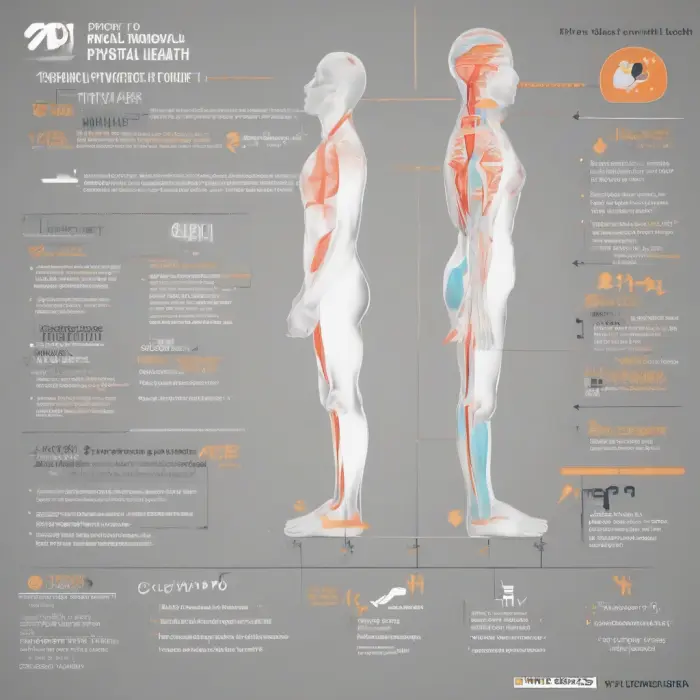Digital Guardians: Evolution of Cybersecurity
Cybersecurity has come a long way from its nascent stages and has now evolved into a sophisticated line of defense, thanks to digital guardians. Digital guardians are technologies or tools that provide 24/7, real-time, proactive threat monitoring, and protection for an organization's critical system and sensitive data.
The Birth of Cybersecurity
The dawn of the digital age in the late 20th century brought about a revolution in global communication, data management, and information sharing. However, it wasn't long before malicious forces recognized the potential to exploit these systems and activities, prompting the birth of cybersecurity. Initial cybersecurity measures focused largely on virus scans, firewalls, and secure access protocols.
The Evolution Process
The advent of the internet, coupled with the rapid digitalization of various industries, facilitated the evolution of cybersecurity. This evolution was in response to the increasingly complex methods developed by cybercriminals to infiltrate systems, steal confidential data, and disrupt business operations.
Digital Guardians: A New Phase in Cybersecurity
While conventional cybersecurity measures offer a level of protection, they largely function reactively rather than proactively. They often respond to threats once they have already infiltrated the system. This is where digital guardians have established a cutting-edge solution. With their ability to continuously monitor, detect, analyze, and respond to potential internal or external threats in real-time, they assist in maintaining ongoing security control and capable risk management.
Artificial Intelligence and Machine Learning
The implementation of artificial intelligence (AI) and machine learning (ML) has marked a significant chapter in the evolution of cybersecurity. These intelligent systems understand and learn from the behaviors of the network, enabling them to detect any abnormal activity that could suggest a potential threat. This is essentially how digital guardians operate - learning, understanding, and adapting to new and evolving threats, thereby offering enhanced protection.
Future of Cybersecurity: Digital Guardians at the Forefront
The future of cybersecurity undoubtedly holds new challenges as cyber-attacks become increasingly sophisticated and harder to detect. Here, the role of digital guardians will be critical. These intelligent systems will not only defend against known and emerging threats but will also adapt to a changing digital landscape. As these systems learn and evolve, they will become the primary line of defense, safeguarding critical business data and systems against potential cyber threats.
Conclusion
The evolution of cybersecurity reflects our increasing reliance on digital technology and interconnected networks and systems. As digital guardians become a critical part of any organization's cybersecurity framework, it highlights the need for ongoing vigilance, innovation, and adaptation to tackle an ever-evolving and challenging cybersecurity landscape.










